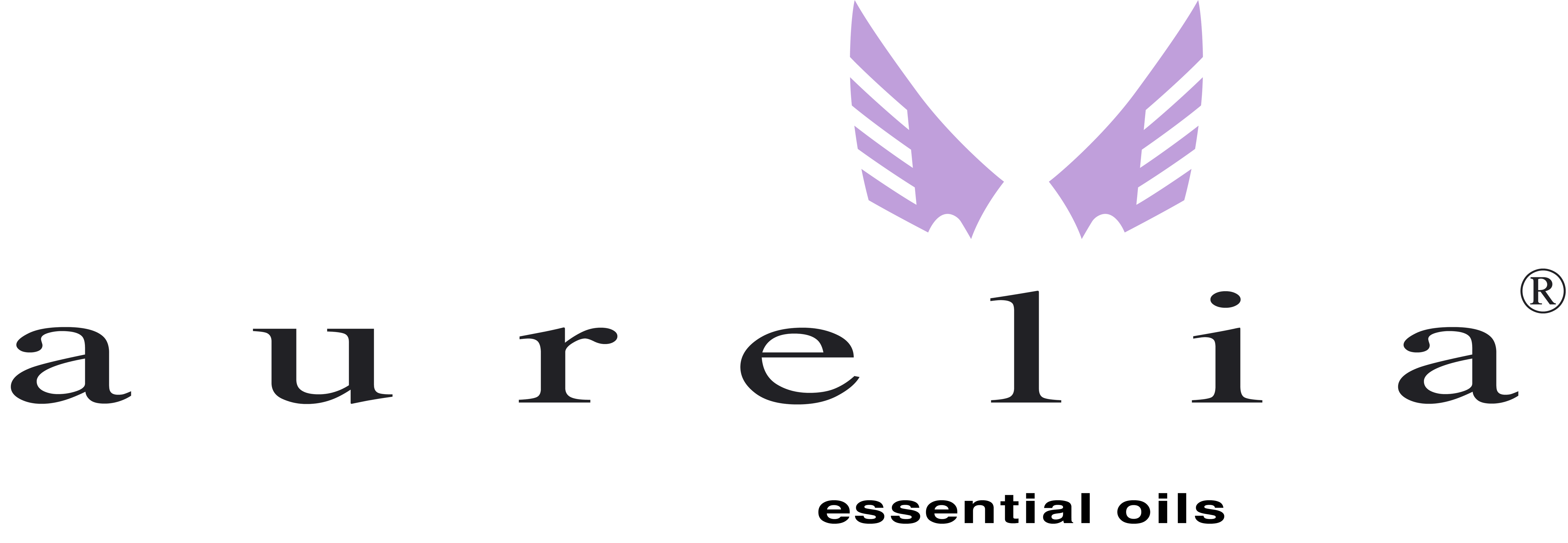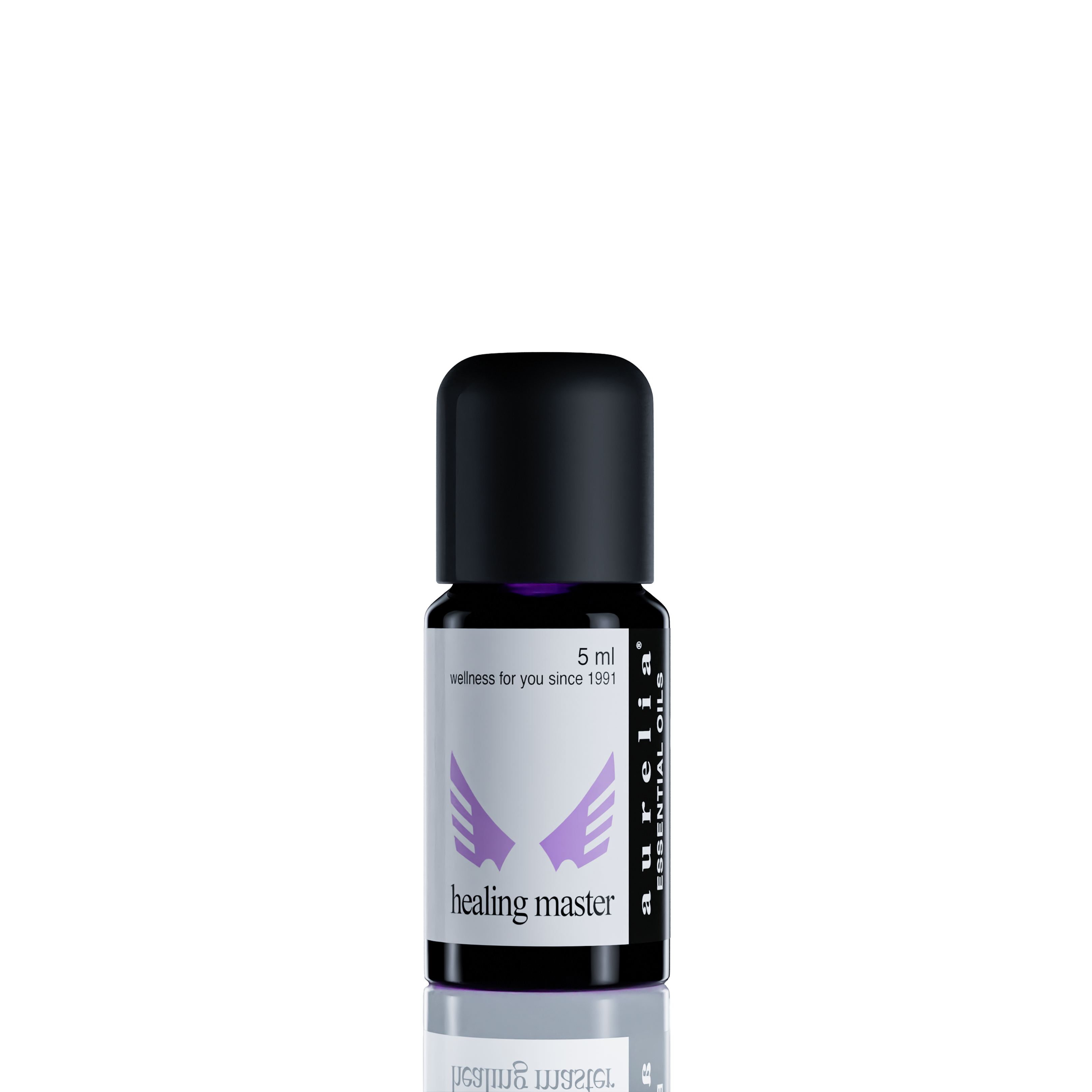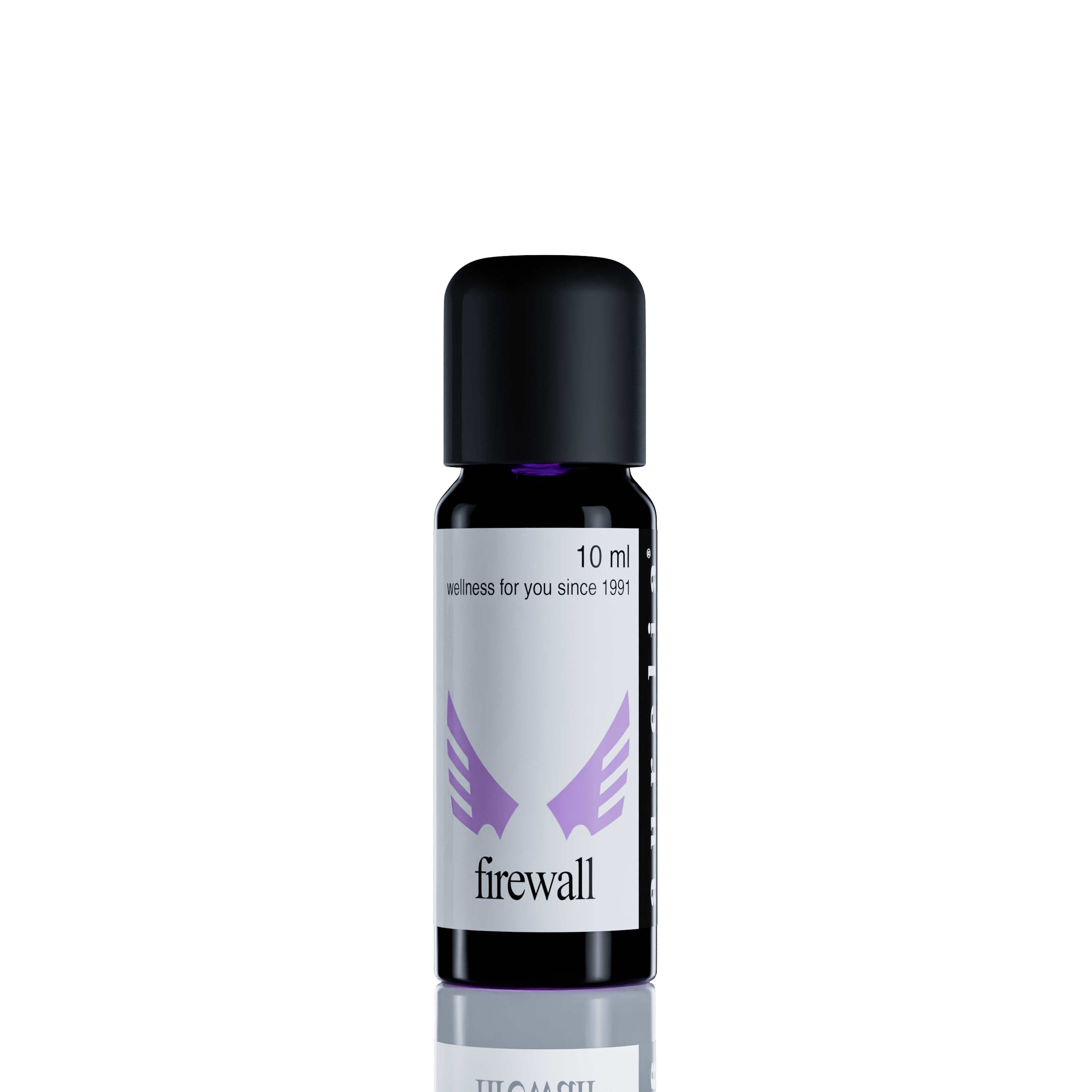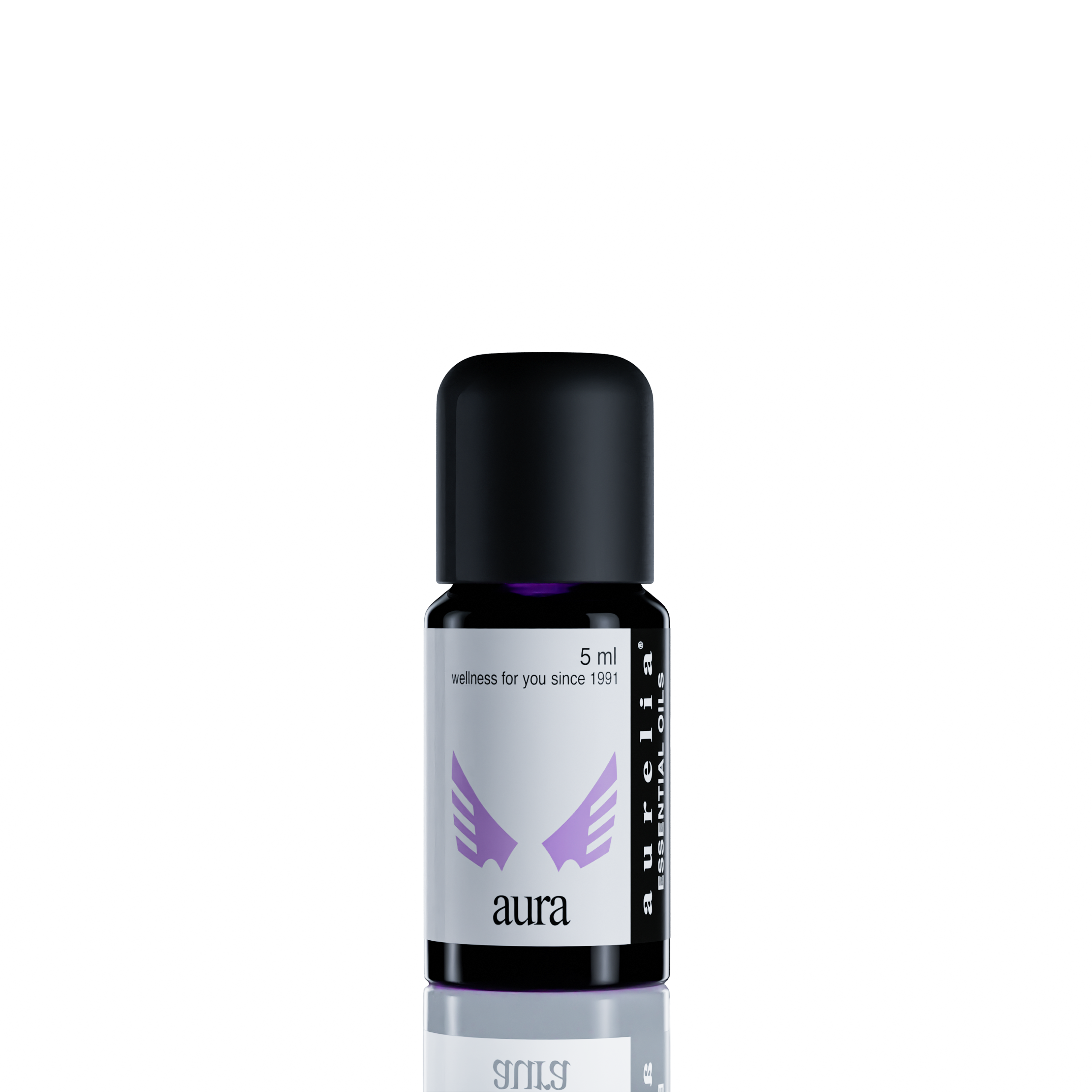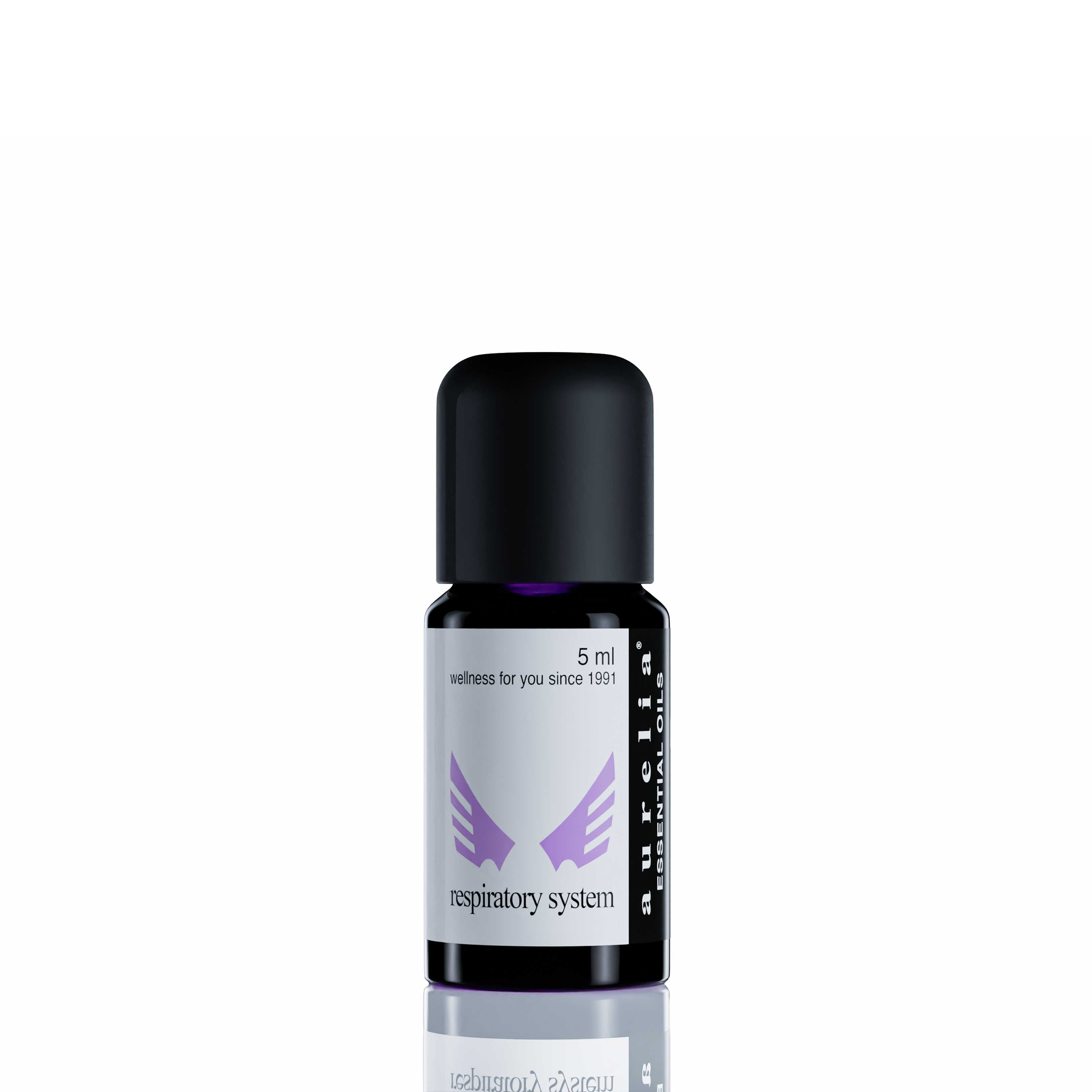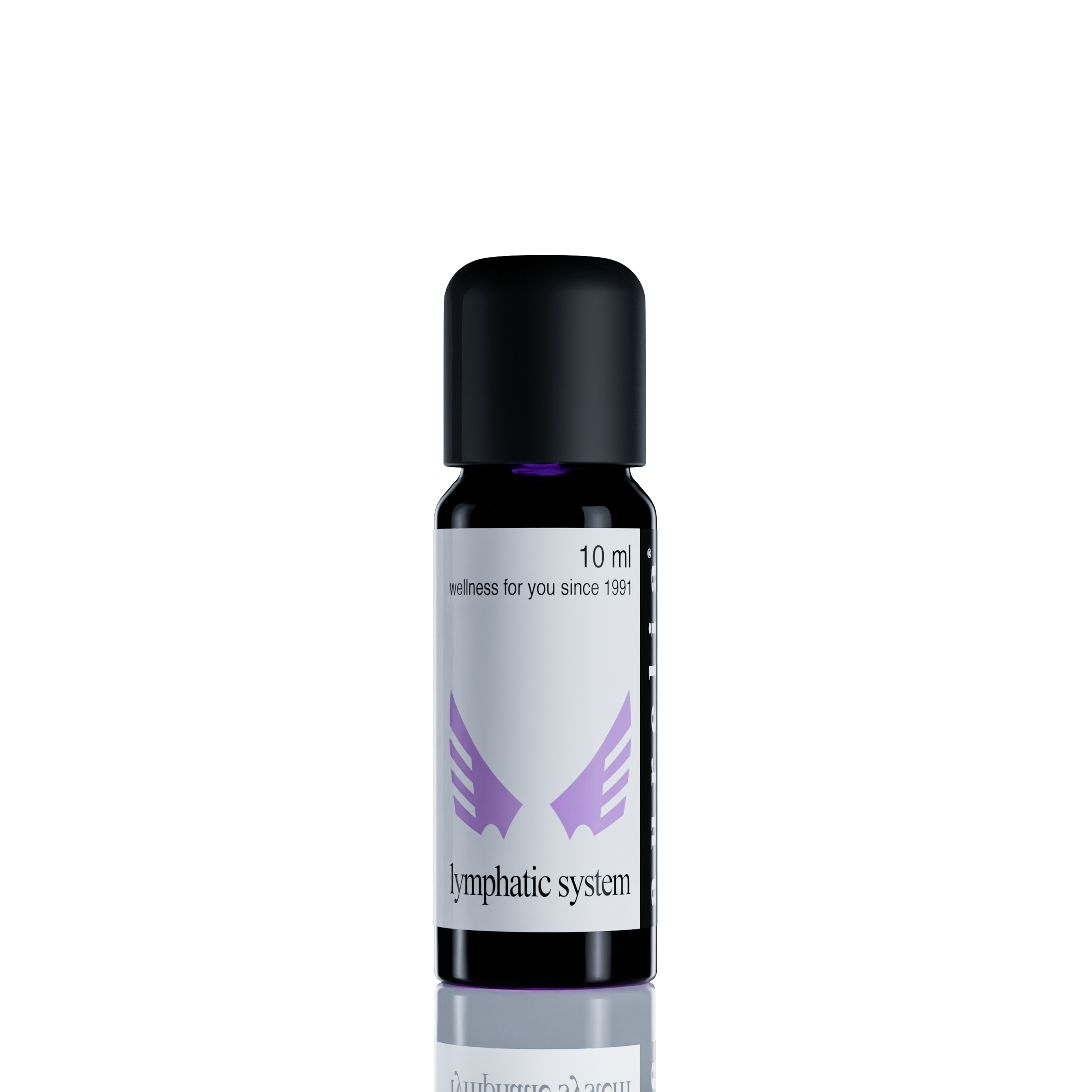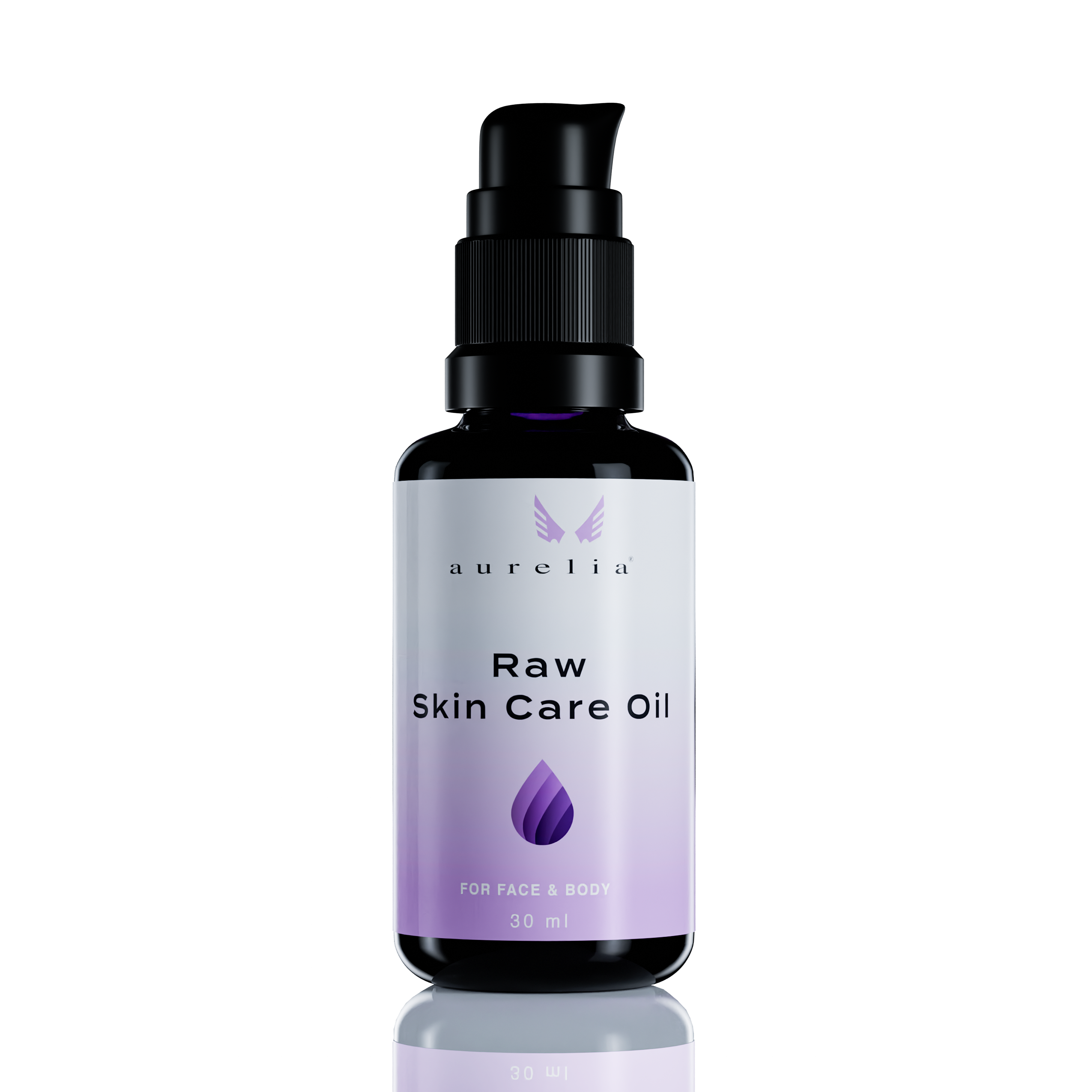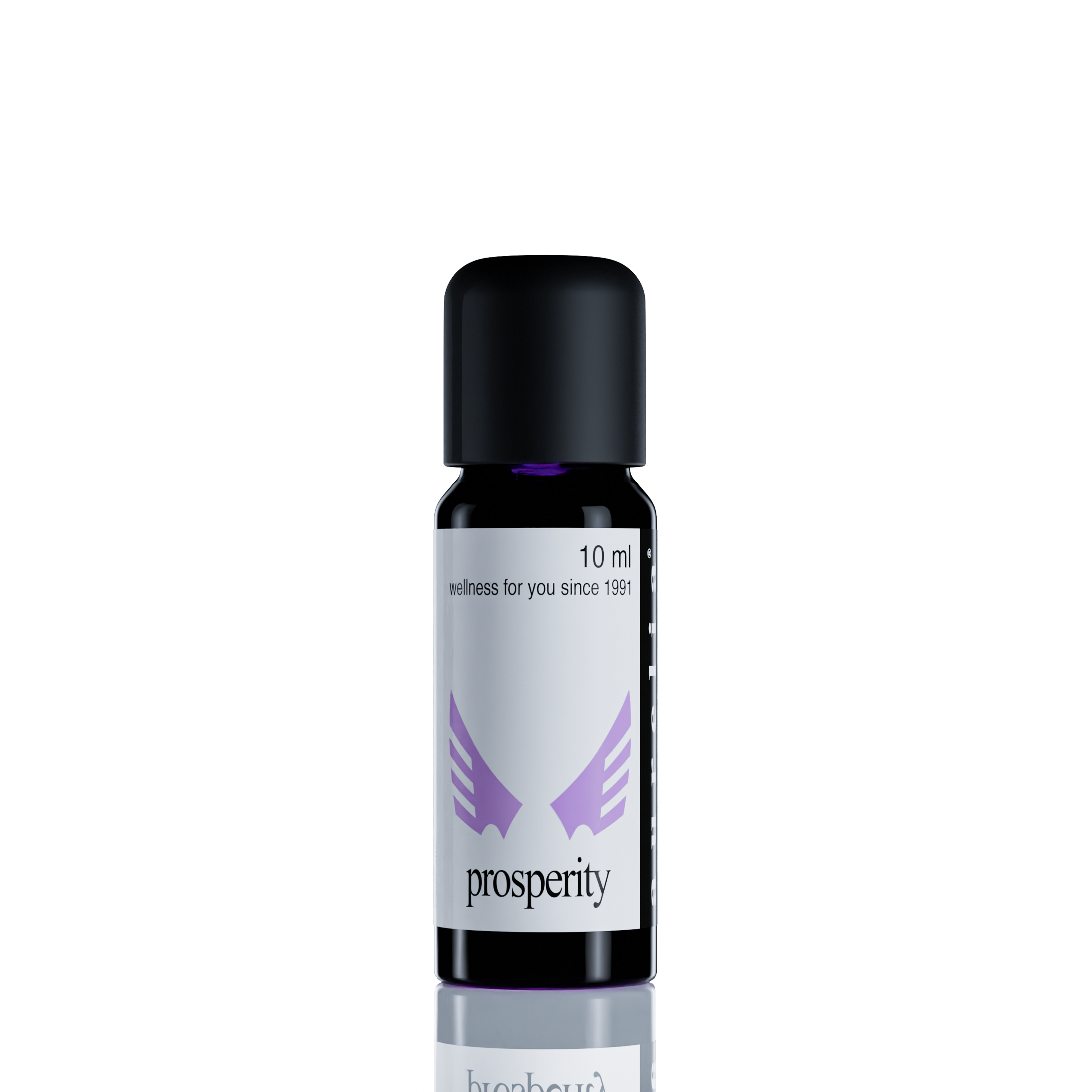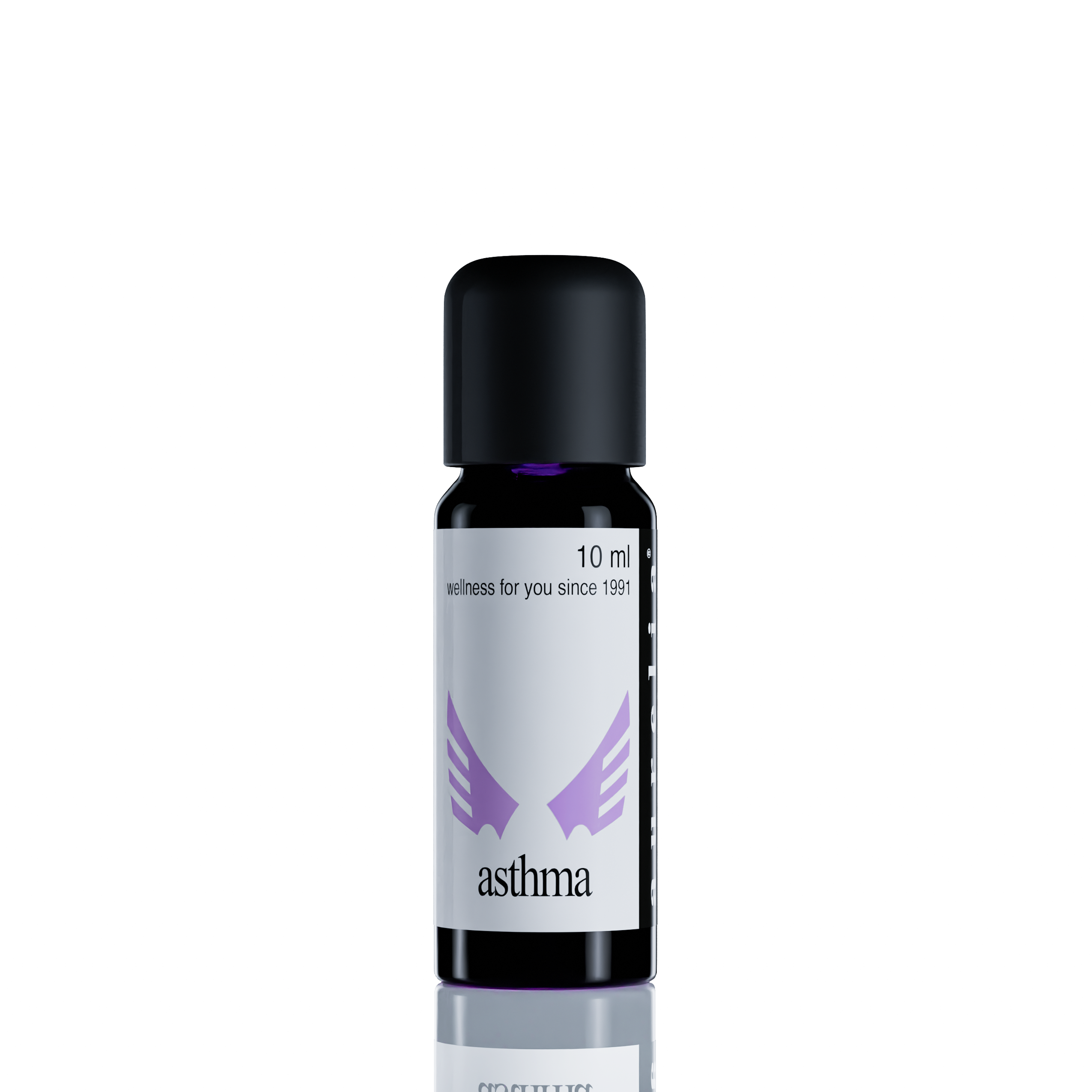FAQS
Company Information
Yes, 99.99% of our oils are organic and kosher.
However, would it surprise you to hear that the “certified organic” label doesn’t necessarily mean pesticide-free? We sure were. Which is why regardless of label, the only botanicals we buy are grown without pesticides, chemical fertilizers, or herbicides. Plus, many farms who practice true, clean organic farming simply cannot afford the high monetary cost of certification.
Then there’s the time factor: Did you know that it takes an average of three years of uninterrupted quality control to get an organic certification? Also, if a war, uprising, or terrorist activity in the region where you buy your raw material from bars the monitoring agency from entering the area for a period as little as one season, the certification process must start over. This is another reason why the “organic” label is not our priority in quality selection. If we know a grower who has lost his certificate due to reasons beyond his control and not because he violated the requirements, we still happily use their crop.
Look for brands that promise pesticide-free and wild-crafted products, as we do.
GLC (gas liquid chromatography) certificates should always be available to you on request. We are proud to say that all of our botanicals are GLC-tested for heavy metal toxicity and contamination, and these certificates indicate confirmed origin, botanical name, and component percentage. If the website of the brand you are considering doesn’t promise you proof of its products’ purity upon request, that’s a red flag.
Who ever thought that an expiration date would be a red flag? Because the shelf life of the finest quality essential oils that are kept in an airtight, high-quality UV-glass bottle is basically indefinite. In fact, our clients often rave to us about the potency of oils they bought from us as many as ten, fifteen, or even twenty years ago.
We search the world for the finest, highest quality therapeutic-grade essential oils. We buy our botanicals in the regions with the most favorable conditions for the finest harvests, and every year we reserve the yield of that harvest for our products. We also buy from farms that press the oils from their botanicals locally.
Lavender is a prime example of why you should consider the source. Many big, household-name companies label their lavender as “French lavender”--when it is most likely grown anywhere but the French Riviera. Why? Because they can sell their backyard lavender for less money than we need to even get it harvested. We buy our Lavender essential oil only from lavender country, and with good reason: This region has all the soil components and other conditions necessary for the healing qualities we require in our oils.
We like a bargain as much as anyone, and so we understand the appeal of low prices. However, says Prevention magazine, “it’s smart to be wary of an essential oil with a super-low price tag. Essential oils are almost inevitably pricey: It can take a roomful of plant material to fill just one bottle of essential oil.”
In fact, the only possibly way a really cheap price is sustainable for essential oils is by sacrificing quality, which often involves outright fakery. That means dilution with cheap carrier oils, adding chemicals like artificial fragrances, including waste materials from the pressing process; and/or substituting a more expensive botanical with a cheaper, similarly fragranced one or artificial facsimile. The range of additives, substitutions, and other fakery that inferior brands employ is nothing short of shocking.
All of our botanicals are extra virgin--meaning that they are from the first press only, unless it is Ylang Ylang III, which is 3rd press and so labeled as opposed to Ylang Ylang extra. Of course everything that can’t be pressed is carefully steam distilled at exactly right temperatures to ensure the highest possible preservation of components.
All of our botanicals are 100 percent pure: free of waste materials, additives, dilution, or adulteration of any kind.
When shopping for a brand, see what they specifically say on their website about their quality. Because if a price seems too good to be true, it probably is.
All of our products are cruelty-free. We work with fair-trade suppliers when it comes to everything that we buy and sell, from our botanicals and the bottles we pour them into, to our caps and labels--all of our raw materials.
Every product is prepared by hand and with love in our own independent lab.
--The packaging of both the product and its shipping materials should reflect the ethos of the brand. That means they should be environmentally friendly with no waste and should protect the longevity of the product.
--To ensure a long shelf life with no compromise of potency, make sure your chosen brand bottles its essential oils in sturdy violet UV glass that protects its precious contents from light, sun, and breakage. We use only the highest-quality violet UV glass for our essential oils.
--Handmade, hand-crafted, and small-batch are our watchwords. The human factor is ever-present, from our personal receipt and storage of raw materials to hand-blending small batches in our very own lab to bottling your precious order to carefully wrapping and sending them off to you.
--The best way to assure yourself of a product’s effectiveness before purchasing it is to read testimonials and reviews. If the oils are as good as the brand claims they are, there should be an abundance of testimonials available. The testimonials on our site are so numerous and are often so detailed that they not only assure our clients of our products’ effectiveness, they also provide tips for innovative uses.
--Consider how long a brand’s products have been on the market. If the brand has stayed in business for awhile, it’s because their products generate happy, repeat customers and word-of-mouth that generates more customers.
--To find out how long a brand has been in business, read about the company’s history (is there an “about” section or mission statement on their site?). Then you’ll have an idea as to how committed they are to their customers’ well-being and how time-tested their products are.
--Consistency is also as important as time: We strictly follow our own proprietary recipes batch after batch, year after year, in order to provide our clients with products they can rely on for consistent quality and effectiveness. Case in point: After more than twenty years on the market, our very first proprietary blend, Healing Master, is still one of our bestsellers.
--When shopping for an essential oil brand, consider comparing their business model, too. Ask yourself if you can really trust a brand that engages in “multi-level marketing,” which many consider to be nothing more than a polite name for a pyramid scheme. In other words, ask yourself if you want to buy your oils from a company whose business model is to recruit individuals to distribute and sell their oils, individuals who in turn only really earn their money by recruiting more individuals to sell, and on and on it goes?
Multi-level Marketing, also referred to as MLM, happens to be the business model of the two largest essential oil brands. Think of it this way: If the bottom line of these multi-billion-dollar businesses is not in fact to sell a product and be of service to their clients, but rather to get their recruited sellers to recruit even more sellers, then the product itself is almost immaterial. Because whether an MLM company is selling yoga pants, vitamins, skin cream, or essential oils, it’s really all about how many distributors they can recruit, not what the distributors are distributing.
Of course, we want people to earn money with our products, too, but we go the route of attractive and ethical affiliate programs.
If you want to know more about the brands that engage in such practices, consider reading this investigative piece in The New Yorker. Which also reveals that these brands “encouraged consumers to drink certain oils, a position that’s controversial even among alternative-health practitioners.” Peter Holmes, author of Aromatica, “said that, while he is unaware of the practices of specific companies, ‘You hear about completely untrained housewives telling people to ingest up to fifty drops. That is sheer insanity. That is medically dangerous. It’s a crazy situation.’” So is the the fact that one of these brands “pleaded guilty to illegally trafficking in rosewood oil from Peru, which considers rosewood trees a threatened species.”
We have over 100 proprietary blends of essential oils for an enormous range of needs and goals. In addition we have shower gels, bath salts, and bubble baths, all of which are infused with our essential oil blends. We even have our famous Raw Skin Care Oil, an all-in-one anti-aging/regenerative/soothing skin-care miracle made with our Skin Care essential oil blend. We also have a variety of singlenotes available to our customers.
Aromatherapy is not an official method of treatment and the information provided are some traditional uses of essential oils as they apply to aromatherapy application. The uses suggested here are from aromatherapy text and folklore, and are not intended to replace in any way remedies or cures for medical ailments. These statements have not been evaluated by the Food and Drug Administration. This information is not intended to diagnose, treat, cure, or prevent disease. If you have allergies or sensitivities or any known condition which makes you suspect an allergic or other sensitivity reaction, caution indicates checking with your licensed physician.
SHIPPING INFORMATION
Yes, we ship all over the world. Shipping costs will apply, and will be added at checkout. We run discounts and promotions all year, so stay tuned for exclusive deals. If you want to purchase an item that is not in stock, please email care@aureliaeo.com
Delivery times are only estimates. The actual delivery date is dependent upon the performance of the responsible delivery service(s). Processing time before shipping is currently 1 to 3 business days. Packages ship when the order is complete.
Spend $50 and get free worldwide shipping.
Otherwise shipping begins at $7.
Orders placed before 12:00 PM (UTC +01:00) are usually shipped the same day.
USA: 2 - 14 business days
EU: 1 - 10 business days
Rest of World: 6 - 14 business days.
aureliaessentialoils.com does not ship to German-speaking countries, Please go to dharmaceuticals.de for German sales.
Once the package is picked up by the postal carrier, it becomes the customer's responsibility, as we have no means of tracking it or controlling the speed of delivery. Be advised that if the package is lost in the mail, it is the customer's responsibility to file a claim with the US Postal Service.
Please consider multi-item orders, as the cost of shipping on a single-item orders is disproportionately high. Prepayment is required on all orders. Insurance and risk-of-loss is the responsibility of the purchaser.
